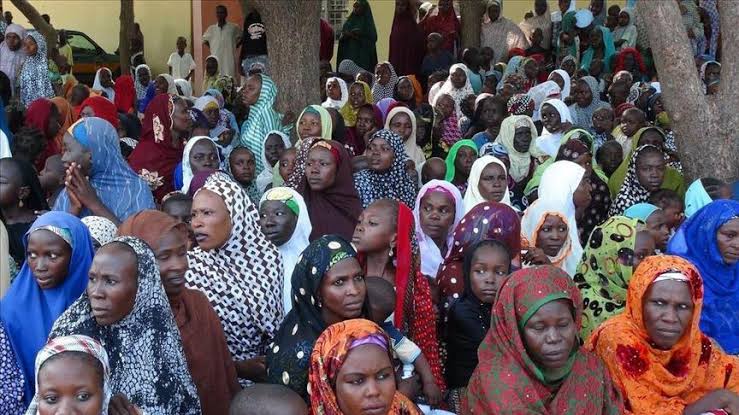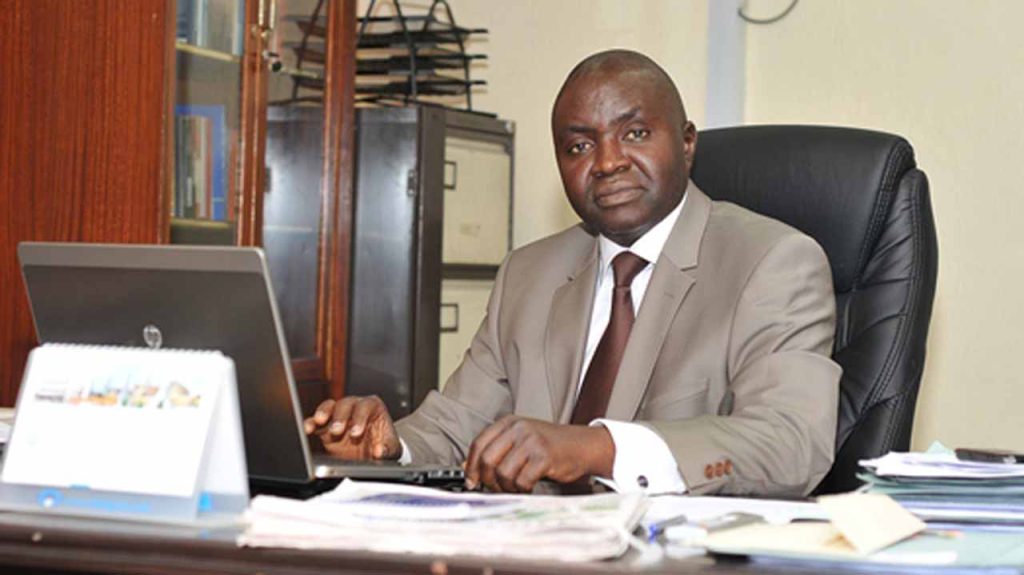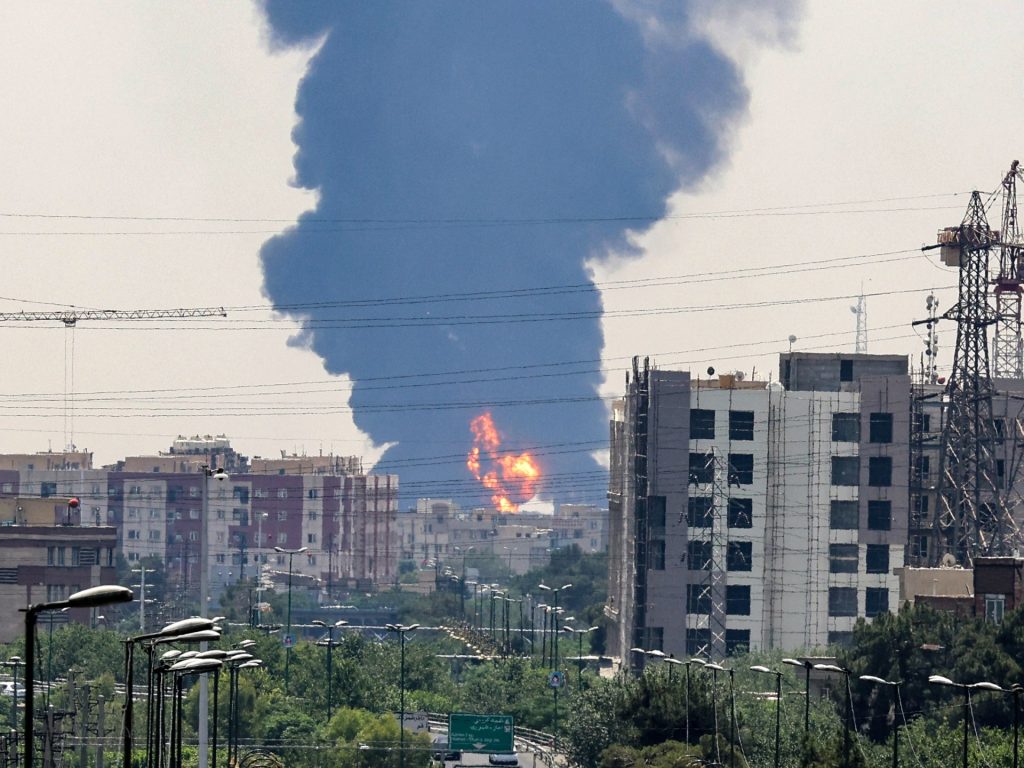US President Donald Trump has announced that he has ordered the military to resume nuclear weapons testing, ending a moratorium that has been in place for over 30 years. The president made the statement on his social media platform, Truth Social, ahead of a meeting with Chinese President Xi Jinping. This move comes days after Trump denounced Russia for testing a nuclear-powered missile.
According to Trump, the decision to restart nuclear testing is in response to other countries’ testing programs. He stated that the US has the most nuclear weapons, followed by Russia, and then China, which he claimed would “catch up within four or five years.” However, it is unclear whether the US will begin detonating warheads, as the president provided few details about the shift in policy.
The US military already conducts regular tests of missiles capable of delivering nuclear warheads, but it has not detonated a nuclear weapon since 1992. Moscow has responded to the announcement, stating that all countries are developing their defense systems and that its recent tests were “not nuclear.” The Kremlin warned that it would “act accordingly” if the US breaks the Cold War-era moratorium on nuclear weapons testing.
China has also weighed in, expressing hope that the US will fulfill its obligations under the 1996 Comprehensive Nuclear-Test-Ban Treaty (CTBT) and continue to suspend nuclear testing. The CTBT, which was signed by Washington but not ratified, has been observed by all countries with nuclear weapons since its adoption, with the exception of North Korea, which conducted its last nuclear test in 2017.
The resumption of nuclear testing by the US could have significant implications for global security and non-proliferation efforts. The move is likely to be closely watched by the international community, particularly in light of rising tensions between major world powers. As the situation develops, it remains to be seen how other countries will respond to the US decision and what impact it will have on global relations.



